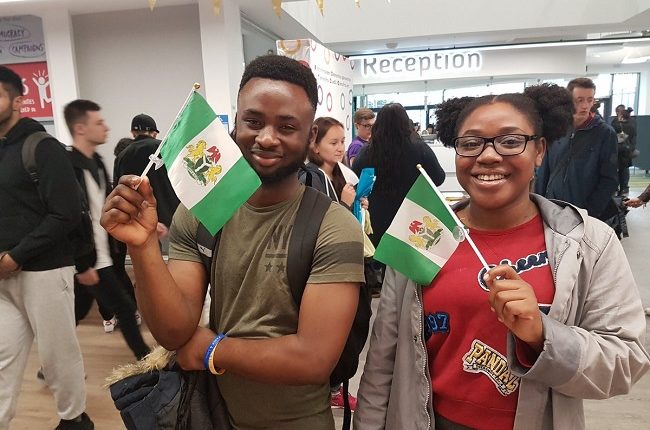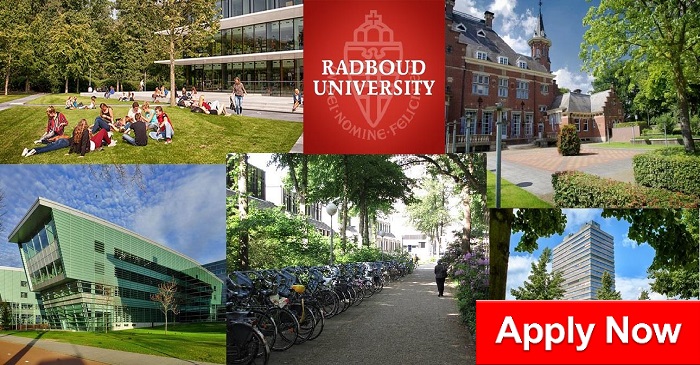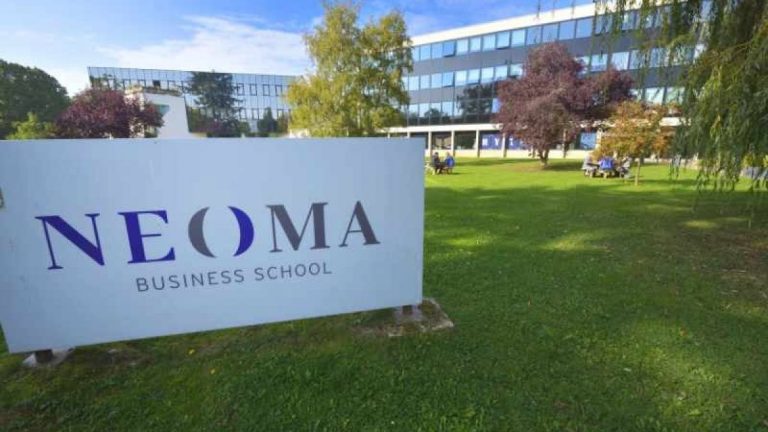Is It Possible to Speedup Student Visa Application?
Officially, you cannot speedup student visa applications.
You apply, submit all your documents and sit and wait. Immigration does not give status updates on individual visa applications, so you don’t even know what number you are in the pile and how much longer it will take beyond the general guide range on processing times for your visa.
It is virtually impossible to contact a case officer until the first, one is appointed to your application and, even then they have no obligation to contact you unless they choose to.
The fact your course start date is nearing will not be a factor in their consideration of your application. If they begin processing after the eCOE commencement date, you’ll need to get a new eCOE from your provider.
If for example there are documents missing from an application they may contact you to request them or they may simply refuse an application.
Case Officers are under instruction to minimize contact with visa applicants.
Case When they Speedup Student Visa Application
A group of nearly two dozen Democratic lawmakers led by Sen. Alex Padilla (CA) recently urged the U.S. Department of State to speed up the international student visa process for the incoming fall semester.
In a letter addressed to State Department Secretary Antony Blinken last week, the senators suggested the current visa backlog be addressed by offering virtual visa interview options, extending visa eligibility waivers, hiring more staff, and other initiatives.
In total, the senators offered 10 recommendations to help the State Department expedite the student visa process, which currently takes some students months to complete.
“International students contribute to the rich intellectual landscape of this country. Processing the backlog of their visas is an important part of pandemic recovery,” Padilla tweeted on Monday.
The letter comes during a time when international student enrollment has declined in recent years. During the fall 2020-21 academic year, new international student enrollment fell by 43 percent, according to the Institute of International Education.
“NAFSA: Association of International Educators show that more than one million international students at U.S. colleges and universities during the 2018-2019 academic year contributed $41 billion to the U.S. economy,” the letter states.
The lawmakers, including Senators Elizabeth Warren (MA) and Cory Booker (NJ), acknowledged and praised the National Interest Exception waiver, which allows international students from certain countries to travel to the United States, but also mentioned how “other competitor countries have issued clear guidance for international students” in the midst of COVID-19 pandemic.






